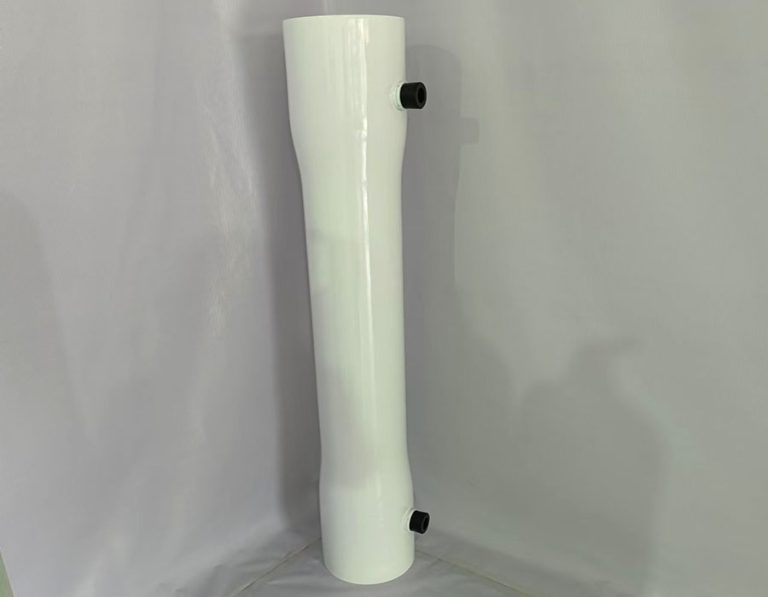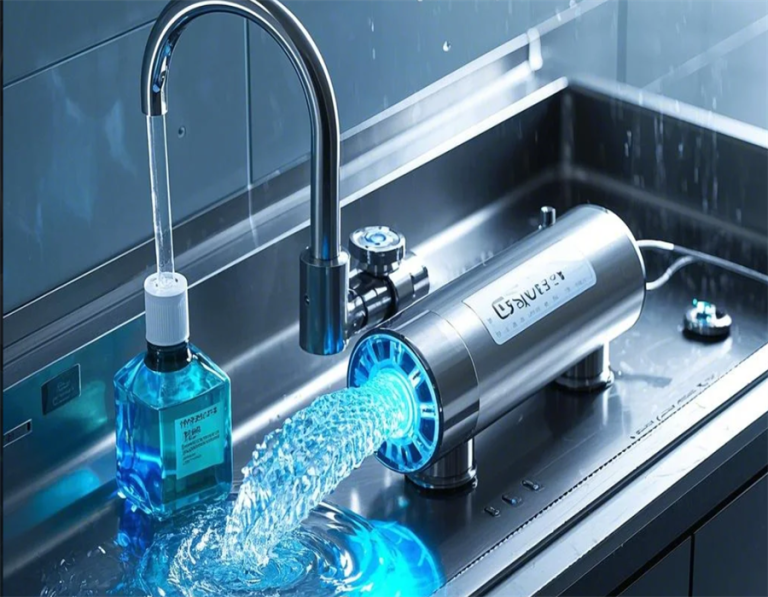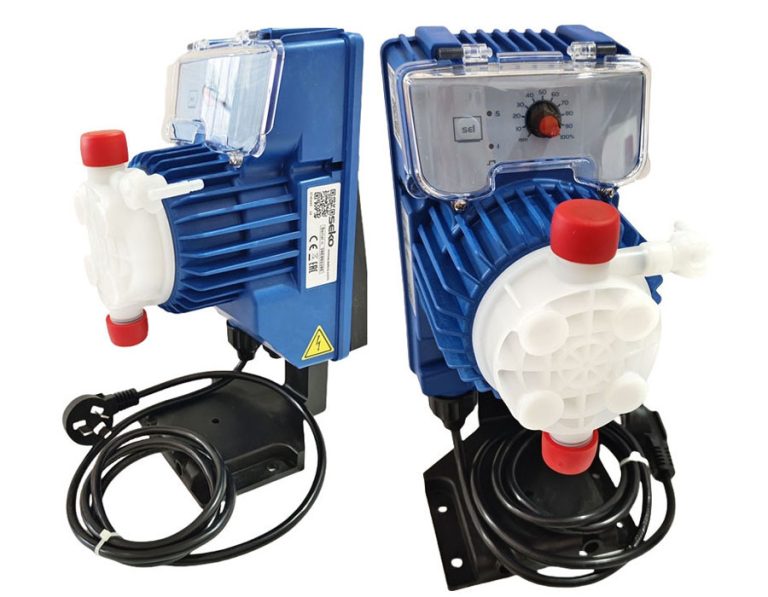One stop supplier of water treatment parts&accessories
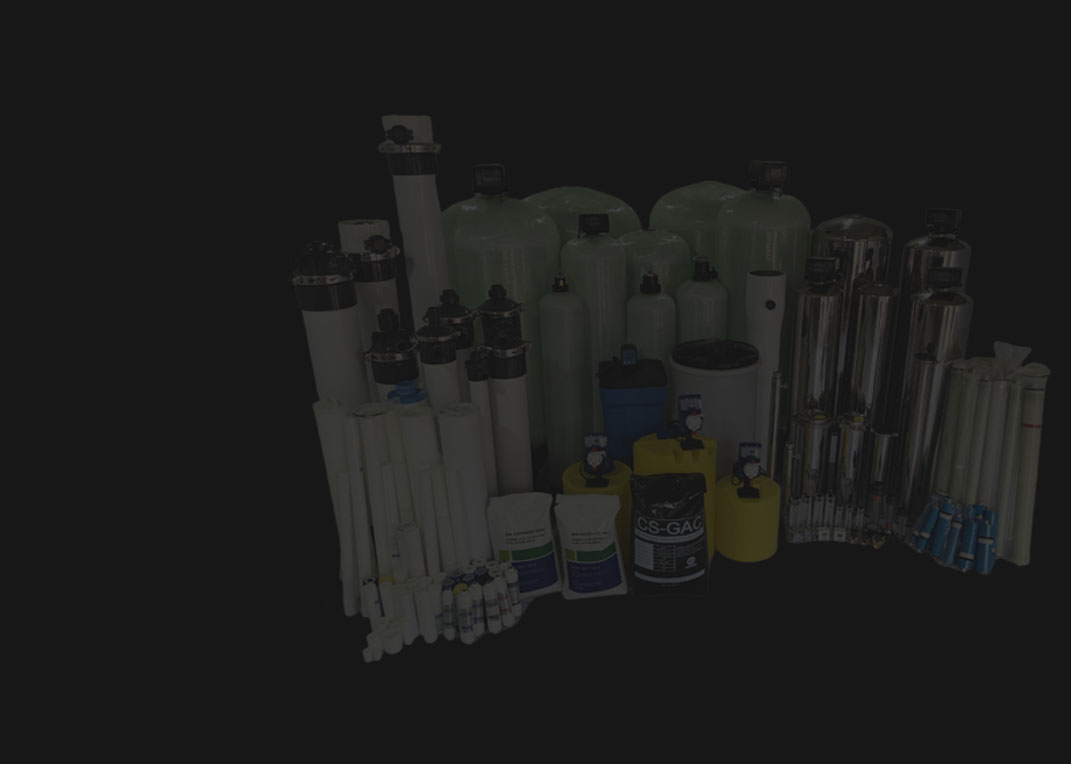
reverse osmosis vs carbon water filtration
reverse osmosis vs carbon water filtration,Today, I wanted to dive into something that’s been on my mind lately – water filtration. Specifically, I’ve been trying to decide between a reverse osmosis system and a simple carbon filter for my home. So, I did what any curious person would do: I went down the rabbit hole of research and experimentation.
My Starting Point: Murky Tap Water
First off, my tap water isn’t terrible, but it’s not great either. It has a slight chlorine taste, and I’m always a bit worried about what else might be lurking in there that I can’t taste or see. I figured it was time to take matters into my own hands and get some better water.
The Great Filtration Face-Off
I started by looking at the two main contenders:reverse osmosis vs carbon water filtration</p>
- Reverse Osmosis (RO): Everyone says this is the gold standard. It’s supposed to remove practically everything, even the stuff you didn’t know you needed to worry about.
- Carbon Filtration: This seemed like the simpler, more affordable option. It’s mainly known for improving taste and odor by getting rid of chlorine and some other common stuff.
Experiment Time!(reverse osmosis vs carbon water filtration)
After deciding to dive into water purification, I grabbed a basic carbon filter pitcher—the kind you refill and store in the fridge. My next move? Borrowing a compact under-sink RO system from a friend who’d left it gathering dust. Why stop there? I also ordered a water hardness testing kit online to measure progress.Then it was test time.
Round 1: The Carbon Filter Pitcher
I filled up the pitcher with my tap water and waited for it to filter through. The first thing I noticed? The chlorine taste was definitely gone. That was a win! I did a blind taste test with my family, and everyone agreed the filtered water tasted better than straight from the tap.
Round 2: The RO System
Setting up the RO system was a bit more involved. It needed to be connected to my plumbing under the sink. Once it was up and running, I filled a glass and took a sip. Honestly, it tasted… well, like nothing. Super clean, almost like distilled water. Another blind taste test, and the RO water won again, mainly because it had no taste at all.
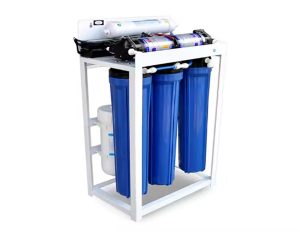
Digging Deeper: What’s Actually Happening?
Taste tests are great, but I wanted to know more about what each filter was actually removing. I got some of those water testing strips – the kind you dip in and compare to a color chart. Here’s what I roughly figured out.
Carbon filter removed chlorine,sediment, and some organic compounds.
RO system removed almost all the dissolved solids, including minerals, heavy metals, and even fluoride.
The Verdict (For Now!)
After all this tinkering and testing, here’s my take:
- If you’re mainly concerned about taste and odor, a carbon filter is a solid, budget-friendly choice. It made a noticeable difference for my tap water.
- If you want the purest possible water and are willing to deal with a bit more complexity and cost, reverse osmosis is the way to go. It gets rid of almost everything.
For me, I’m leaning towards keeping the RO system. Even though it’s a bit more of a hassle, the peace of mind knowing I’m drinking super clean water is worth it. I might even add a remineralization filter later, as I’ve heard RO water can be a bit too pure and lacks some beneficial minerals. But that’s a project for another day!


